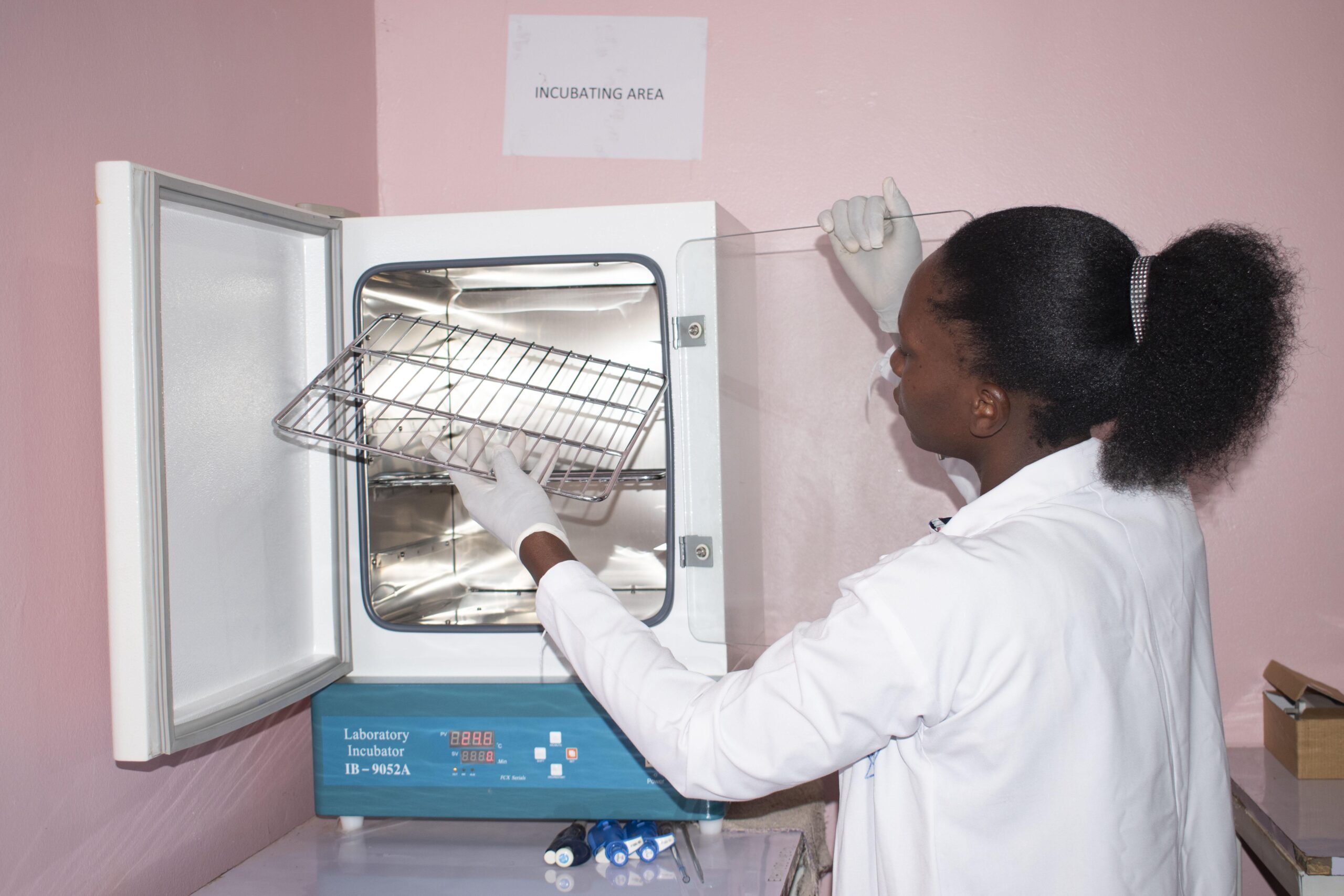Diploma in Medical Records and Health Informatics

About Course
A diploma in Medical Records and Health Informatics is a program that focuses on the management of medical records and the use of health information technology systems in healthcare settings. It provides students with the knowledge and skills necessary to organize, analyze, and maintain patient health records using electronic systems.
Here are some key aspects typically covered in a diploma program in Medical Records and Health Informatics:
- Medical Terminology: Students learn the language used in healthcare settings, including medical abbreviations, diagnoses, and procedures.
- Health Information Management: This includes instruction on the collection, storage, and retrieval of patient information, ensuring its accuracy, security, and confidentiality.
- Health Informatics: Students are introduced to health information technology systems, such as electronic health records (EHRs), health information exchanges (HIEs), and computerized physician order entry (CPOE) systems.
- Medical Coding and Classification Systems: Students learn how to assign standardized codes to medical diagnoses, procedures, and services using coding systems such as ICD-10-CM (International Classification of Diseases, 10th Revision, Clinical Modification) and CPT (Current Procedural Terminology).
- Legal and Ethical Considerations: This aspect covers topics such as patient privacy, confidentiality, and compliance with healthcare regulations, including the Health Insurance Portability and Accountability Act (HIPAA).
- Quality Improvement: Students learn about processes and methodologies used to assess and improve the quality of healthcare delivery, including data analysis and performance measurement.
- Data Analysis and Reporting: This aspect focuses on the interpretation and presentation of healthcare data, including generating reports and statistical analysis.
- Health Information Systems and Technology: Students gain familiarity with various health information systems, software applications, and databases used in healthcare settings.
- Project Management: This includes instruction on managing health informatics projects, including planning, implementation, and evaluation.
A diploma in Medical Records and Health Informatics can provide graduates with opportunities to work in healthcare settings, such as hospitals, clinics, insurance companies, and government agencies. Job roles may include health information technician, medical coder, clinical data analyst, or health informatics specialist.
Student Ratings & Reviews

